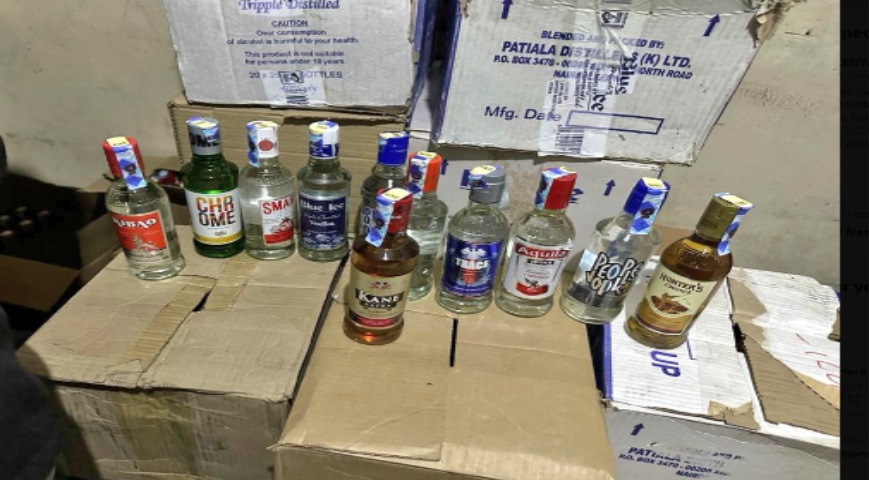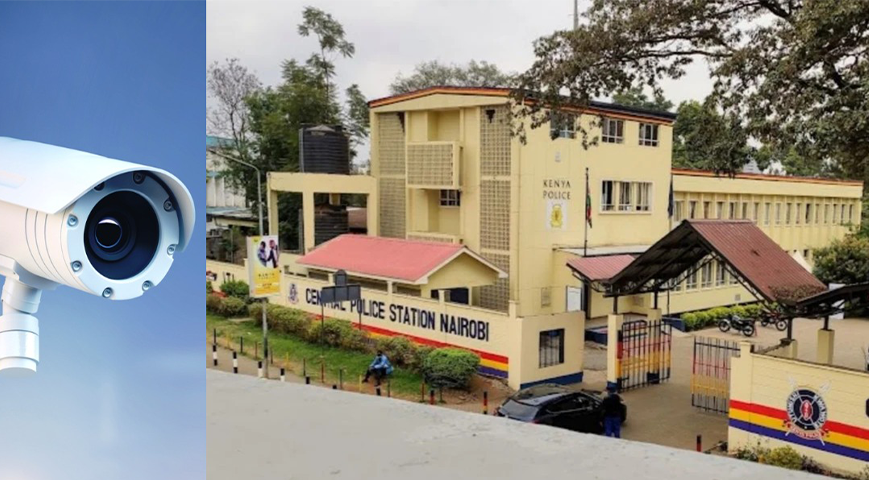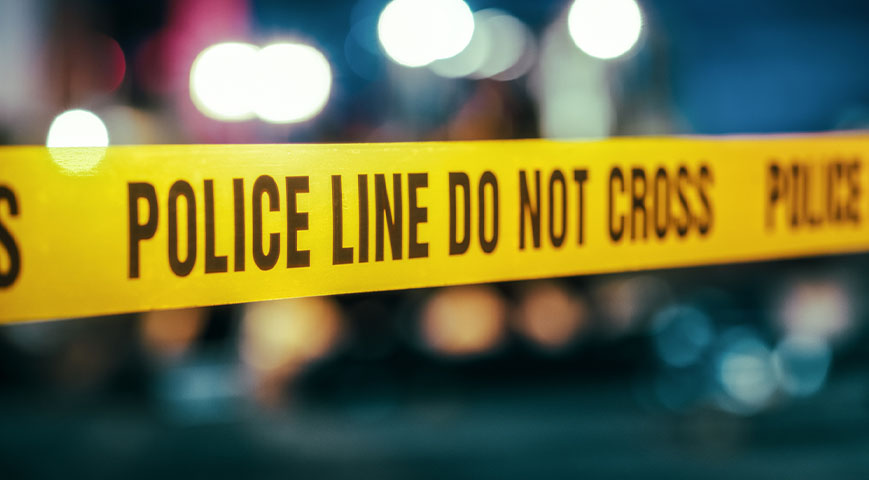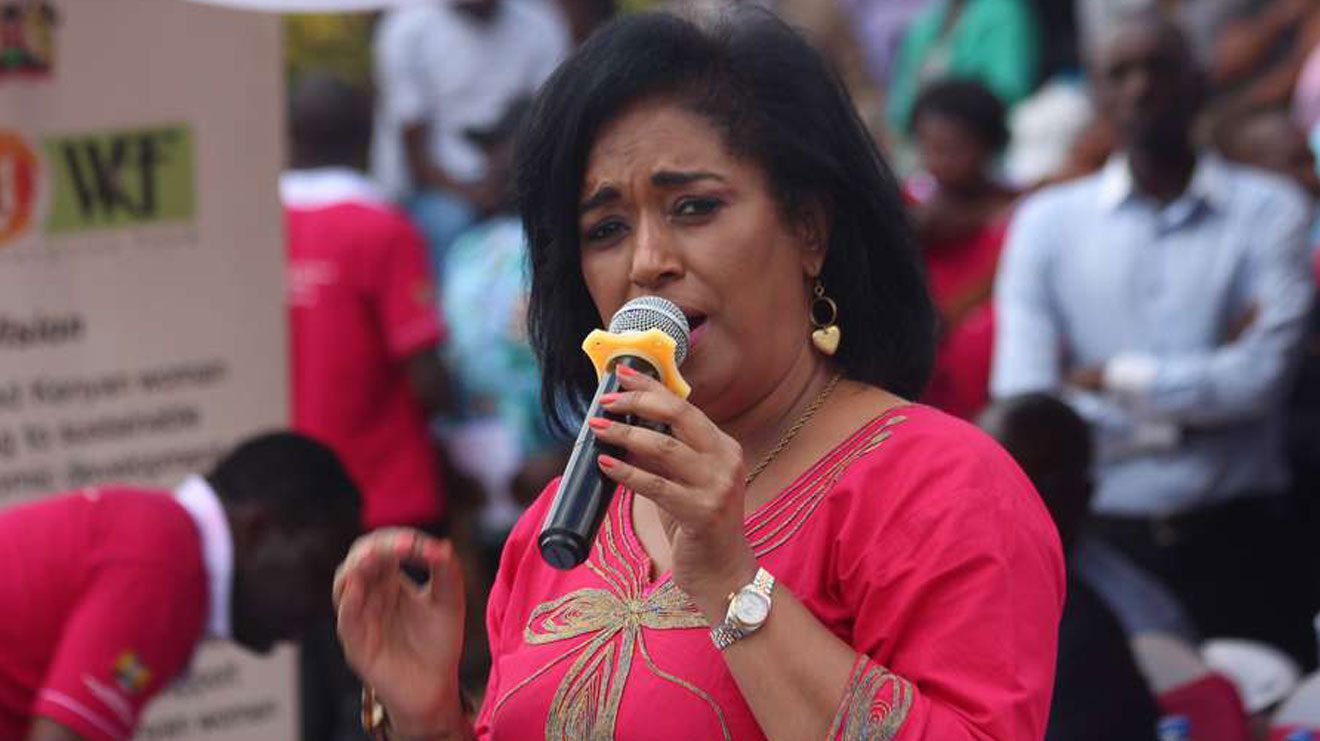On November 22, Economic and Commercial Crimes Unit detectives jointly with KRA officers have seized 4,920 pieces of 250ml bottles of counterfeit alcoholic drinks in a raid at a store along Kirinyaga Rd in Nairobi.
The recovery which comprises of mixed brands of illicit liquor with an estimated value of Sh 984,000 has been escorted to a KRA warehouse, and a seizure notice issued to the suspect.
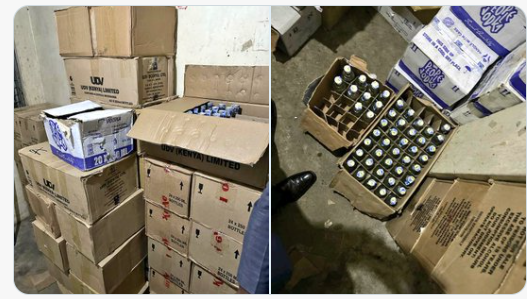
As the crackdown christened Operation Uchumi heightens, further investigations are ongoing to establish the source of the counterfeit drinks.
Counterfeit alcohol poses a significant and perilous threat to public health and safety in Kenya, with far-reaching consequences affecting individuals, communities, and the nation as a whole. The proliferation of fake alcoholic beverages has become a pressing issue, leading to a myriad of adverse effects.
Did you read this?
Firstly, the most immediate concern lies in the health hazards associated with consuming counterfeit alcohol. Illicitly produced and unregulated, these concoctions often contain harmful substances such as methanol, which can lead to severe health complications, including blindness and, in extreme cases, death. The lack of quality control and adherence to safety standards in the production of these counterfeit beverages amplifies the health risks faced by unsuspecting consumers.
Moreover, the economic impact cannot be understated. Legitimate alcohol producers suffer significant losses as their market share is eroded by the cheaper, substandard alternatives flooding the market. This, in turn, affects the government's revenue collection through taxes, diminishing funds available for public services and development projects.
with an estimated value of Sh 984,000 has been escorted to a KRA warehouse, and a seizure notice issued to the suspect.
— DCI KENYA (@DCI_Kenya) November 22, 2023
As the crackdown christened Operation Uchumi heightens, further investigations are ongoing to establish the source of the counterfeit drinks. pic.twitter.com/6mMgEijKqm
Counterfeit alcohol also contributes to social problems, including increased crime rates and a strain on the healthcare system. Instances of alcohol-related crimes, such as violence and road accidents, often spike due to the unpredictable nature of the substances found in fake alcoholic beverages.
Addressing the issue requires a multi-faceted approach involving stringent law enforcement, public awareness campaigns, and collaboration between the government and the alcohol industry. Efforts to curb the production, distribution, and consumption of counterfeit alcohol are not only crucial for safeguarding public health but also for preserving the economic and social well-being of the nation.

